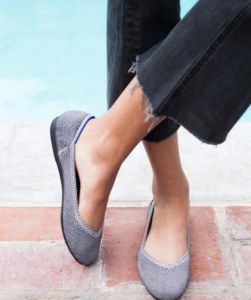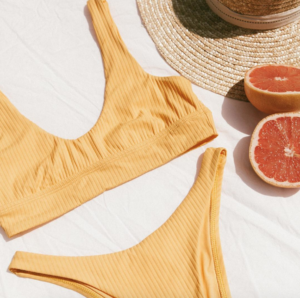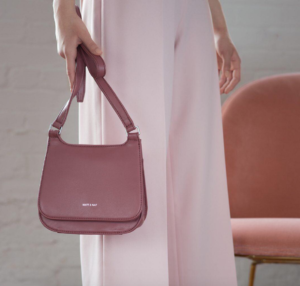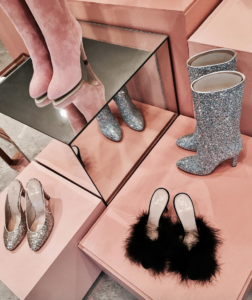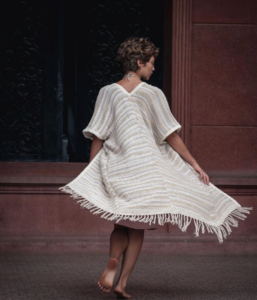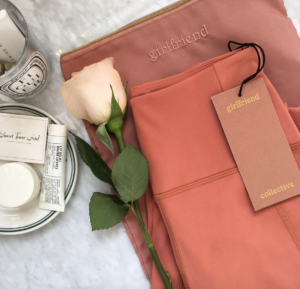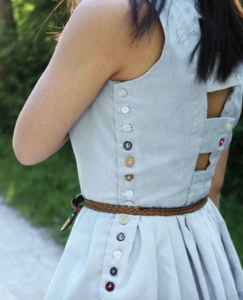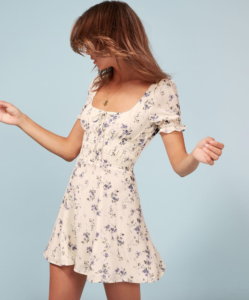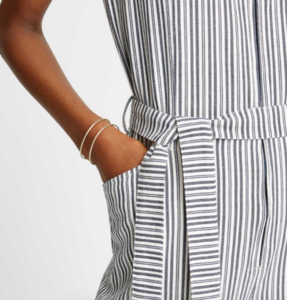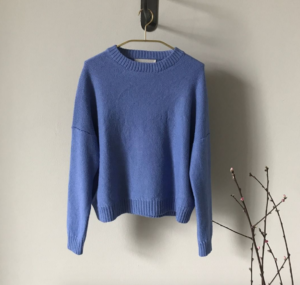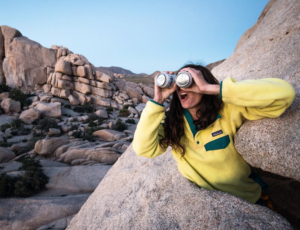#EarthDay may have passed, but these stats aren’t going anywhere: the United States generates 15 million tons of used textile waste each year. It takes 2,700 liters of water to make one cotton shirt (enough water for one person to drink for 2.5 years). Second to oil, the clothing and textile industry is the largest polluter in the world.
But it’s not all bad news (really). There are plenty of designers and fashion labels striving to reduce their impact on the environment, whether they’re creating products made exclusively from recycled materials, or making sure their practices are as eco-friendly as possible.
Here, we’ve rounded up some of the leaders in sustainable fashion. Check them out, and who knows — your next favorite pair of shoes could have been a water bottle in a past life.
#fashion #sustainability #sustainablefashion #ethicalfashion #reduce #reuse #recycle #recyclablefashion #earthday
Rothy’s
![]() USA
USA
![]() 76,582 followers
76,582 followers
This footwear brand weaves comfy, machine-washable flats out of recycled plastic water bottles.
Vitamin A Swim
![]() USA
USA
![]() 148,495 followers
148,495 followers
Amahlia Stevens’ bright bathing suits are made from Ecolux—a premium swim fabric made from recycled nylon. Her company also produces its fabric and swimwear locally, which reduces emissions for shipping and transporting raw materials.
Matt and Nat
![]() Canada
Canada
![]() 176,239 followers
176,239 followers
This brand is committed to producing quality handbags and shoes without using leather or animal-based materials. They’ve experimented with recycled materials such as nylons, cardboard, rubber, cork, and bicycle tires.
Brother Vellies
![]() USA
USA
![]() 80,935 followers
80,935 followers
Created by designer Aurora James, this Beyoncé-approved brand employs local artisans in Africa and pays them fair wages to create sustainable, handmade products. Brass, beads, feathers, and leather are all locally sourced from different African countries.
tonlé
![]() USA
USA
![]() 98,992 followers
98,992 followers
For tonlé, “every thread matters.” Material for the brand’s clothing is sourced from factory scraps in developing countries, and the company also makes its own recycled paper and natural glue, which brings its waste down to nearly 0%.
Girlfriend Collective
![]() USA
USA
![]() 99,203 followers
99,203 followers
You’ve probably seen this activewear brand all over Instagram, but did you know its chic, high-waisted leggings are made from recycled water bottles? Their website offers a thorough explanation of sourcing and production practices, which take place in Taiwan and Vietnam.
Liz Alig
![]() USA
USA
![]() 3,791 followers
3,791 followers
Elizabeth Alig was inspired to produce ethical clothing after living in Kenya for a summer. Her company creates dresses out of secondhand clothes and organic fabrics, and in the process provides women in developing countries with jobs, benefits, and daycare services.
Reformation
![]() city
city
![]() number followers
number followers
All products of the popular women’s clothing brand are made in the U.S. at the brand’s factory. The environmental impact of each garment is also included on its tag, including gallons of water used, carbon dioxide emitted, and pounds of waste produced.
Anekdot
![]() Germany
Germany
![]() 7,313 followers
7,313 followers
This Berlin-based brand handcrafts lingerie in order to produce as little waste as possible, sourcing materials from production leftovers, deadstock, and vintage trimmings.
People Tree
![]() United Kingdom
United Kingdom
![]() 78,663 followers
78,663 followers
People Tree has worked with Fair Trade cotton farmers, producers, garment workers, and artisans in developing countries for over 25 years.
Aiayu
![]() Denmark
Denmark
![]() 32,727 followers
32,727 followers
The Danish brand has cultivated strong relationships with artisans in Bolivia, India, and Nepal in order to minimize its supply chain while producing garments made of 100% natural materials.
Patagonia
![]() USA
USA
![]() 3,388,972 followers
3,388,972 followers
The outdoor clothing giant is actually a trailblazer in eco-friendly production. Patagonia has been creating recycled polyester from plastic soda bottles since 1993, making it one of the first companies in the world to “transform trash into fleece.”
The production of denim can seriously pollute surrounding environments, but Everlane has sought to fix this problem by recycling 98% of its factory’s water, and creating bricks out of the leftover waste. The cherry on top? Its denim line—and all its clothes, for that matter—are really frickin’ cute.
